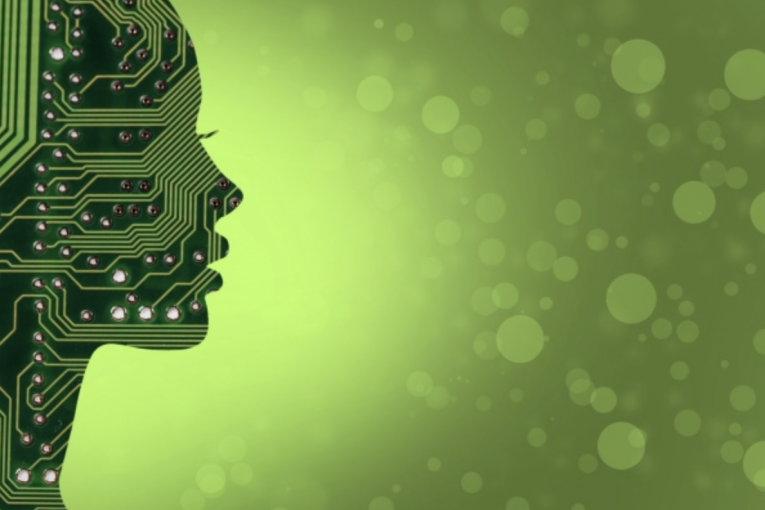
![]()

By: Rodrigo Villegas
Last weekend, a song that used artificial intelligence to replicate the voices of Drake and The Weeknd went viral. Called Heart On My Sleeve, the track garnered immense popularity on social media.
The creator, @ghostwriter, created the track using software trained on the musician’s voices. They uploaded the song to YouTube and TikTok, and with the aid of a third-party distributor, managed to get it on streaming services like Spotify and Apple Music where it quickly accumulated streams. On Spotify, the song was streamed 629,439 times, gaining approximately 1,888 dollars at Spotify’s lowest royalty rate of 0.003 dollars per stream.
However, its success was short-lived as it was removed from streaming services. Universal Music Group (UMG)—the world’s leading music company—claimed the song infringed copyright law.
Earlier this month, UMG sent letters to streaming platforms, requesting that they prevent AI platforms from training on their copyrighted music. They intend to prevent an existential threat to the industry prompted by AI, which was first reported by The Financial Times. UMG said that they have used AI, so they do not oppose the technology itself, but they stand against the training of AI using artists’ music.
In the same letters, UMG wrote: “The training of generative AI using our artists’ music (which represents both a breach of our agreements and a violation of copyright law) as well as the availability of infringing content created with generative AI on DSPs, begs the question as to which side of history all stakeholders in the music ecosystem want to be on: the side of artists, fans and human creative expression, or on the side of deep fakes, fraud and denying artists their due compensation.”
I side with artists and human creative expression. (Yes, I know. I am no stakeholder, but I will still express my view!) I believe UMG is completely reasonable in wanting to protect the rights of artists.
Tony Rigg—a lecturer in music industry management at the University of Central Lancashire and music industry advisor—told the BBC, “Perhaps the most troubling aspect of this case is the undermining of moral rights. If anyone can mimic you, your brand, your sound, and style that could be very problematic.”
Indeed, it would. AI-generated music undermines human creativity. It has the potential to imitate an artist entirely, their brand, their style, their voice. Musicians pour their heart and soul into making these uniquely theirs, so an AI cloning these aspects would belittle their art.
Not to mention, musicians would be robbed of their creativity if the AI-generated music earns any monetary compensation. Artists deserve compensation and protection for their original art.
Now, much like UMG, I am not against the use of AI as an instrument to aid artists. After all, UMG stated that they have used AI. Even David Guetta—a French DJ and producer—claimed that “the future of music is in AI.”
Nor am I against people using AI for fun. In February, Guetta used ChatGPT and Uberduck to create a song with a voice similar to Eminem’s.
However, AI should not be trained to clone an artist for the intention of earning money.
Though Heart On My Sleeve went viral, neither Drake nor The Weeknd have commented on the song. However, Drake has voiced his discontent with his voice being cloned. On Instagram, Drake posted, “This is the final straw AI,” after encountering a fan-made video of him seemingly rapping Munch (Feeling U) by Ice Spice.